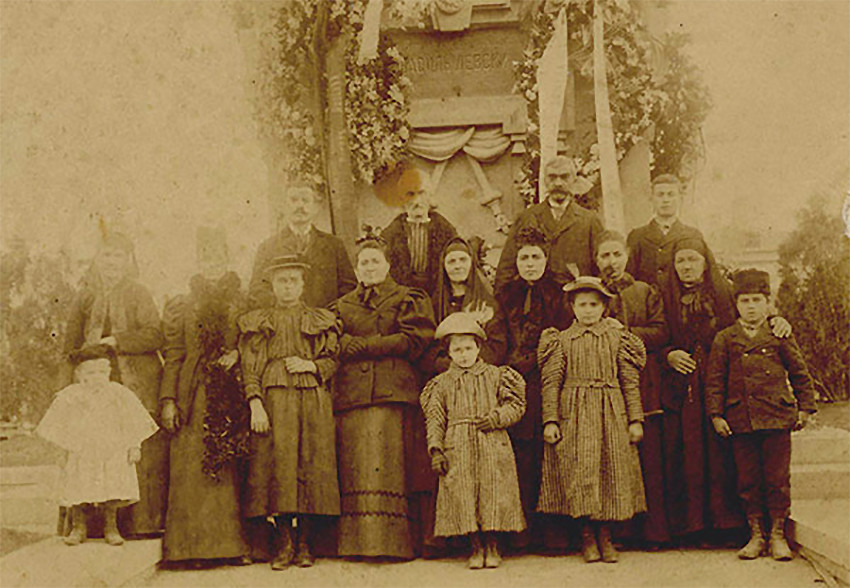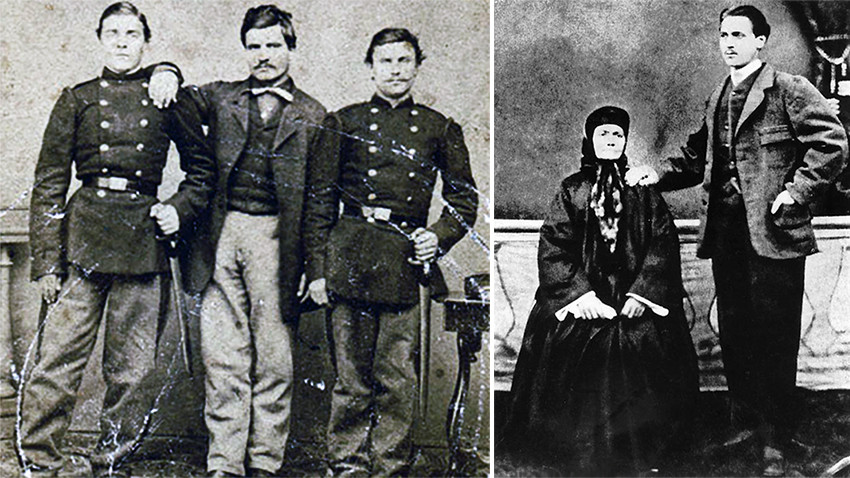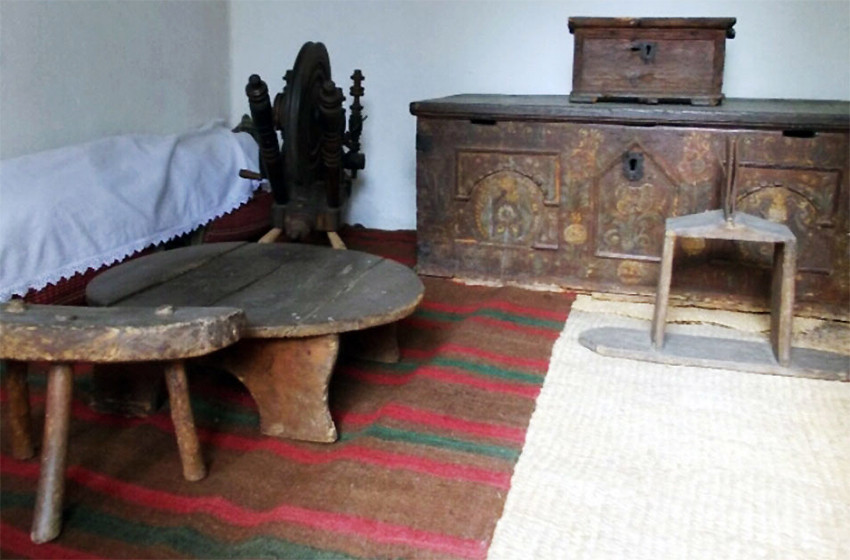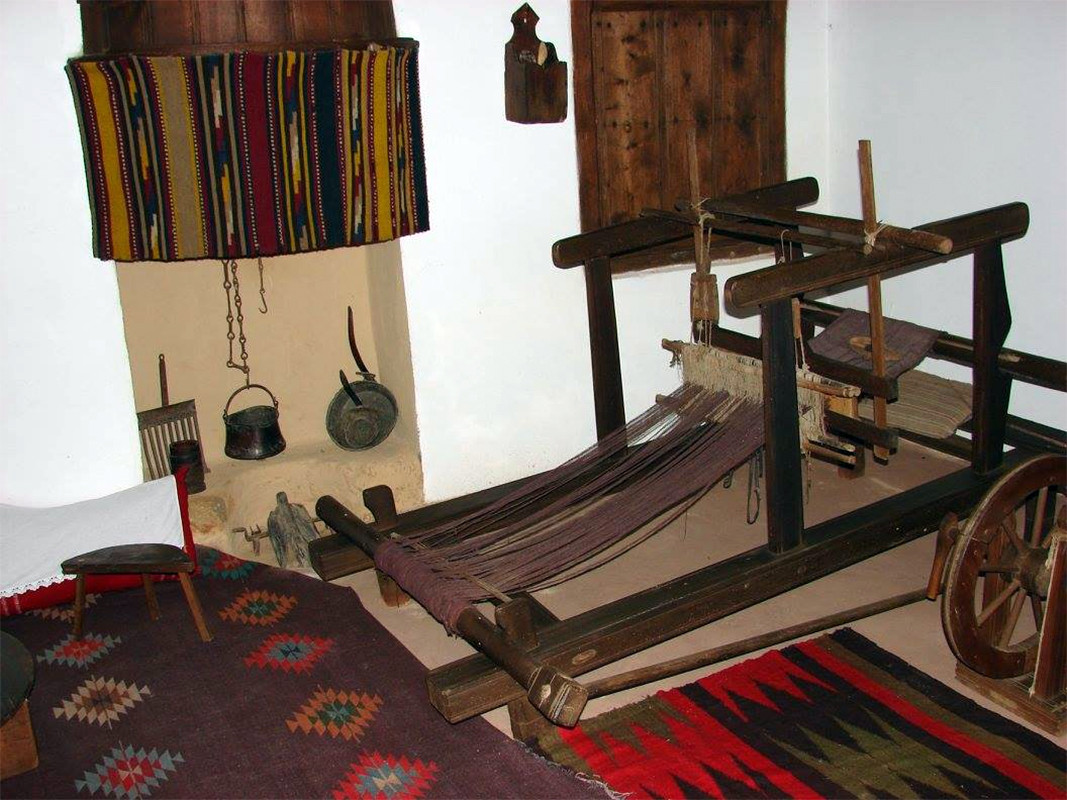Piece by piece, the puzzle of Bulgarian history is being put together. New and unexpected discoveries fill in the missing places, adding more and more details to the events and portraits of the most prominent sons and daughters of Bulgaria.
In 2018, a previously unknown photo of the Deacon caused a sensation, and only two years later, Bulgarian historian and Ottomanist Dr. Grigor Boykov, one of the most prominent researchers of Vasil Levski's life and work, came across an old register of the male population of Karlovo from those years. It shows that Vasil Ivanov Kunchev was born in 1840, i.e. three years later than what was known in the history books.
"Unfortunately, neither a baptismal certificate of young Vasil, nor a church register has been preserved. This is the main reason for the big discrepancies in the date and year of the Apostle's birth - explains Nadezhda Petrova, curator at the National Museum "Vasil Levski" in Karlovo. - The date of 18 July 1837 was given by a wide council of relatives around 1895 on the occasion of the opening of the monument to the Deacon in Sofia.

"Clearly, when there is a document, we should refer to it and perhaps gradually 1840 will be established as the year of Vasil Levski's birth," says Nadezhda Petrova.
There are other interesting facts about Levski's childhood and adolescence that are little known to the general public. Vasil was the second of five children in the family of Ivan and Gina Kuncheva. His paternal lineage is less well researched, unlike that of the Karaivanovs, one of the largest and wealthiest families in Karlovo on his mother's side.
As a schoolboy, Vasil was sent as an apprentice to learn to sew kaftans (a long sleeveless garment fastened at the front). He was 10 years old when his father died (according to new records of the year of his birth). He became a novice under his uncle Basil, a monk at the Hilendar monastery.

"He sent him to singing lessons to learn the sacred singing with the most famous teacher in Karlovo Rayno Popovich, who founded one of the first secular schools in Bulgaria - says Nadezhda Petrova.- Vasil had a very beautiful singing voice and besides the church hymns he also loved to sing folk songs, which he learned from his mother and later from the people in the village of Voynyagovo, where he was a teacher."

In Karlovo it is said that at that time children often held competitions in which Vasil was always the best jumper - he jumped the farthest and the highest of all. That is why they called him "Levski" (of a lion). Others think he got this name while he was part of the First Bulgarian Legion in 1862, but there is another version.
"It's well known that he paints well - he himself sketched and then embroidered two lions on his vest, that's why people started calling him Levski. Later in his life as a revolutionary he often disguised himself, took on different roles - that of a rich merchant, a beggar, a Turk and so on. And these are some serious acting talents - believes the curator of the museum in Karlovo. - So he clearly had a touch for art."
Various folk legends tell of romantic stories of Vasil Levski with one girl or another.

"Whether there is a grain of truth in these folk tales, or they are born out of people's desire to connect with Levski in this way, we can only guess", Nadezhda Petrova notes. "Yes, these stories are very beautiful, they make him a full-blooded man, but we should also keep in mind something else: at his ordination he took three vows: poverty, obedience and chastity. These vows are given for life, whether he will serve as a monk or accept another vocation, as is the case." All these facts complete the image of the revolutionary Levski, show him with his joys and anxieties and help us to get to know Vasil as a human being, not only as a freedom fighter.
All these facts complete the image of the revolutionary Levski, show him with his joys and anxieties and help us to get to know Vasil as a human being, not only as a freedom fighter.

The attack in the "St. Nedelya" cathedral on April 16, 1925 is the deadliest terrorist act in the history of Bulgaria. It took place on Maundy Thursday and in terms of its brutality and premeditation, it has no analogue. During Holy..
On the day of Holy Wednesday, one of the last events before the saving sufferings for humanity of the Son of God is remembered. In her sincere repentance, a sinner managed to enter the house where Christ was staying and, wishing to testify to her..
Holy Tuesday is a day for teachings and final moral instructions. On this day the priests and the Jews listen for the last time to the teaching words of the Son of God in the temple. There, Jesus Christ gives an example of how to give charity –..

+359 2 9336 661
